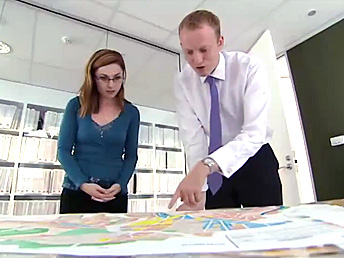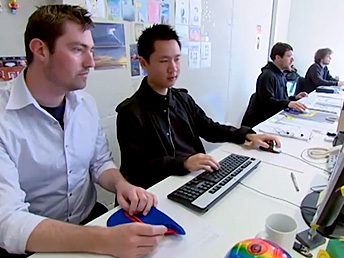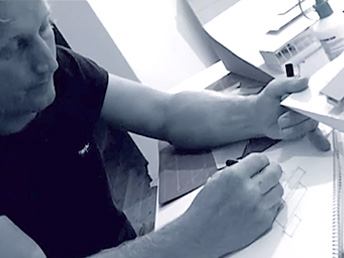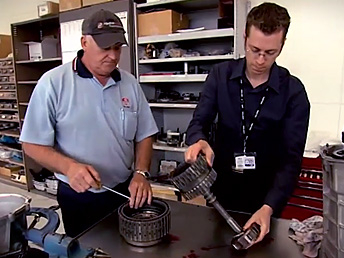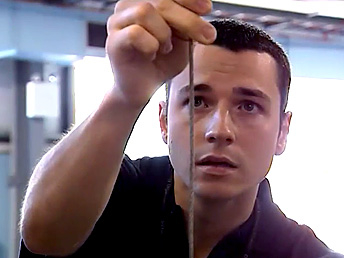
Civil Engineer
Civil engineers work on lots of different infrastructure projects. They plan, design, build and maintain various structures including roads, buildings, transportation systems (like airports and subways) and water supplies.


What the job looks like
Salary expectation
starts at $50,004 up to $108,299+

The good
- Mixture of desktop office work and going out in the field
- Watching projects you planned and designed being completed
- Being part of a team and working with other people who have specialist knowledge
- Potential to work overseas or around Australia
- Creating innovative structures
- Solving problems
- Opportunities to become a team or project manager
The not so good
- Project cancellation after months or years of work
- Being contacted out of work hours
- Writing extensive reports
- Long hours
As a civil engineer you are able to come up with an idea and see it put into practice, from design to construction.
Some of the world’s most popular travel destinations have all involved some form of civil engineering, from the Great Wall of China and the Pyramids of Giza to the Empire State Building and the Sydney Harbour Bridge.
Mathematics is a crucial part of engineering and forms the basis for all your work, whether it is calculating the mass that a structure can hold, what angle a bridge needs to be built at, establishing the estimated cost of the project or to understand the physics and chemistry central to the project.
Having good English skills will be important to understand job briefs, keep clients informed and write the reports.
You will also be helping to solve problems and sometimes develop policies which require good communication.
Civil Engineering involves a bit of time in the office as well as field work and it is a great career for those who are creative, problem solvers and love team work.
Looking at things I have individually planned then come to fruition is really rewarding.
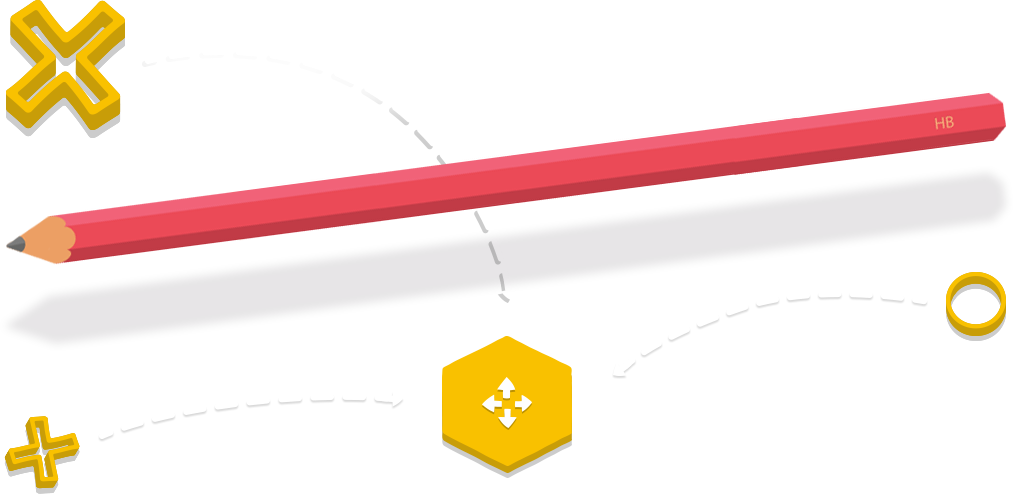
Pathways to this career
Subject suggestions for the HSC
Choosing your HSC subjects from this list could really help with your career. Think carefully about what you want to study after school as you might need to choose specific HSC subjects for that course and to count towards your ATAR (Australian Tertiary Admission Rank). An ATAR is your academic rank in relation to other HSC students and helps with University admission.
HSC subjects
Some subjects will count towards your ATAR, others will not. Check with your career advisor before making subject selections.
- English (Advanced or higher)
- Mathematics (2 unit or higher)
- Physics
- Chemistry
- Engineering Studies
What can I do after I have finished school?
University degrees
Studying one of these degrees can help with your career.
- Bachelor of Engineering (Civil)
Suggestions
Check out Engineers Australia for more information
- Talk to an engineering teacher and think about your area of interest
- Google different university websites and the engineering degrees they offer
- YouTube some videos on civil engineering
- Go to career expos and events like university Open Days for information about what you will study
